The second edition of the Emirates Robotics Competition, organised in partnership between Dubai Future Labs, Khalifa University, and Rochester Institute of Technology, has concluded with the participation of 53 teams from 14 national and international universities.
The final stage of the competition involved more than 200 students who competed in teams of between three and six across three main challenges focusing on recycling and waste collection. The winning teams were chosen by a panel of experts in robotics and engineering.
In the first challenge, teams were tasked with designing and creating recycling robots that can accurately and quickly identify different types of waste before distributing them in the correct places. Middlesex University Dubai’s team won the challenge.
Rochester Institute of Technology won the second challenge, which involved robots having to collect garbage quickly and then disposing of it in two bins while also maneuvering around obstacles.
The final challenge saw teams creating robots that can extract waste floating on water. The first-place prize went to a team from Birla Institute of Technology and Science (BITS Pilani).
The Emirates Robotics Competition represents a partnership between government entities and academic institutions designed to prepare a new generation of robotics developers in the UAE. It provides young talents with the opportunity to showcase their skills and creativity in the context of some of the biggest current and future challenges.
The competition’s focus on sustainability and the environment is in line with the Year of Sustainability in the UAE, which was extended to continue into 2024. The initiative is also in line with Dubai Future Labs’ work to achieve the goals of the Dubai Robotics and Automation Program.
This program was launched in late 2022 by His Highness Sheikh Hamdan bin Mohammed bin Rashid Al Maktoum, Crown Prince of Dubai, Chairman of the Executive Council and Chairman of the Board of Trustees of the Dubai Future Foundation, to support the development, testing and adoption of robotics technologies and automation in various sectors of the economy, and with a specific aim to increase the sector’s contribution to Dubai’s GDP to 9% within 10 years.
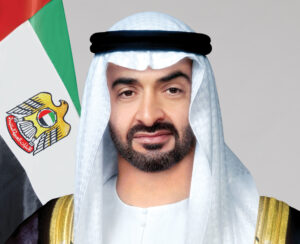
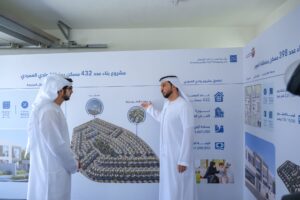
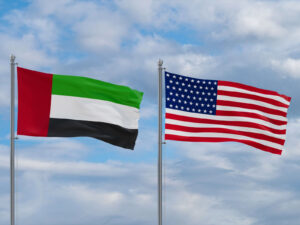
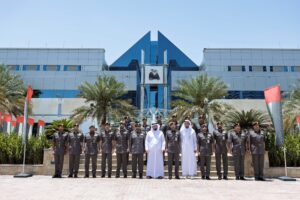


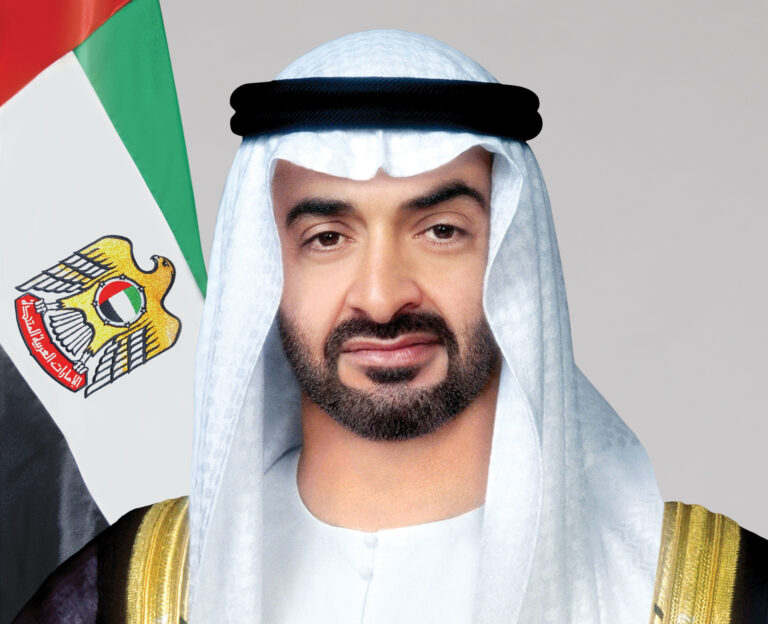

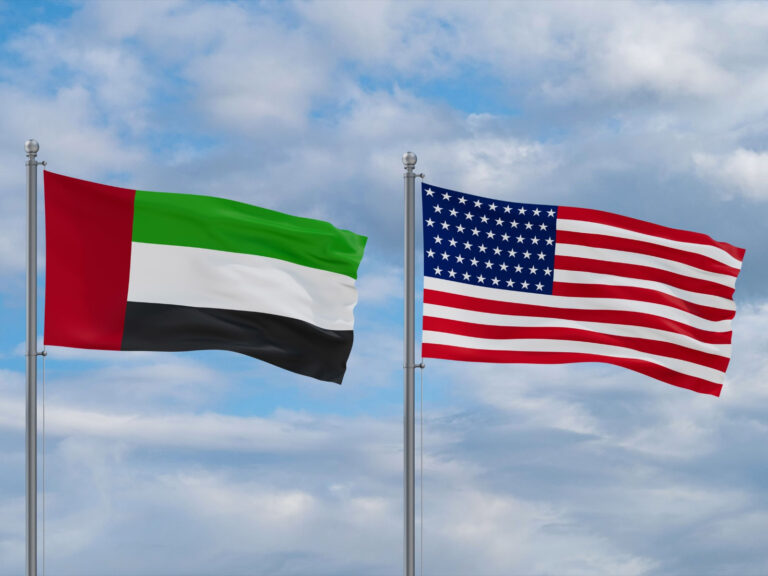
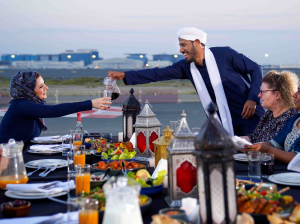
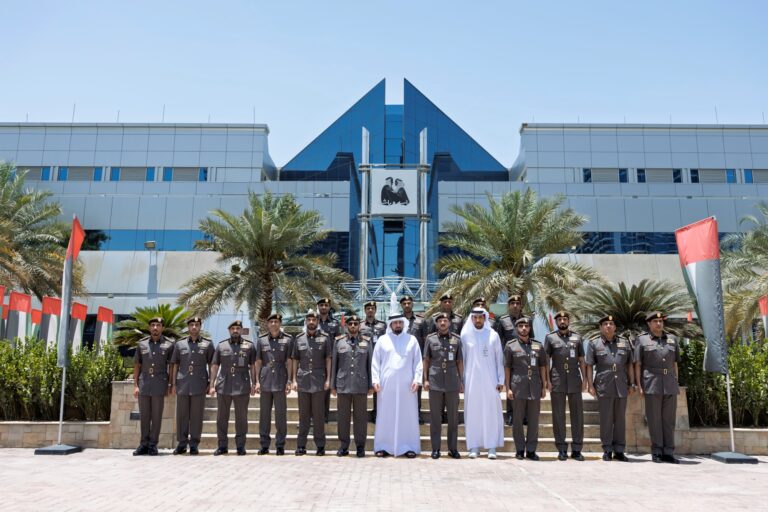
+ There are no comments
Add yours